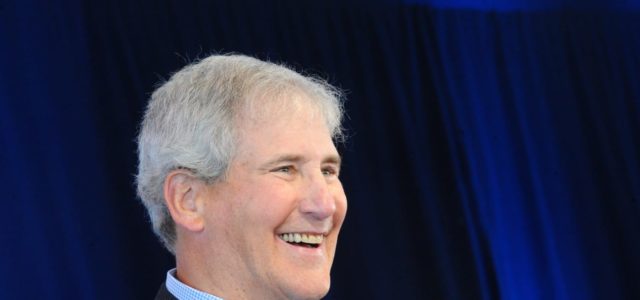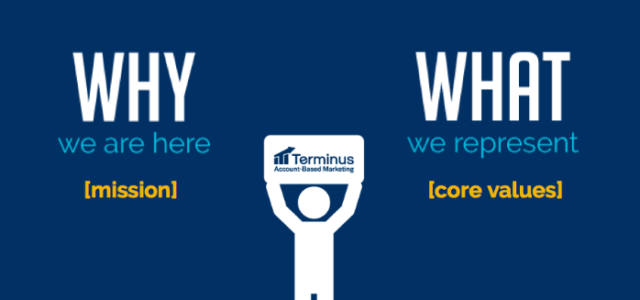Arguably the greatest marvel of engineering of the 18th Century was the electric lightbulb (1879). It’s incredible when considering that only 5 generations later General Electric, the company borne out of that quantum leap in harnessing electricity, saw annual revenues from software alone amount to $2B in 2011, growing staggeringly to $4B in 2014.
We live in a world today with a completely different marvel of engineering that is impacting all of our lives; the algorithms that lie in waiting behind the google search box. Ready to deliver 73.9 million results (in exactly 0.43 seconds) when I casually type in “General Electric”.
As we have changed our world through technology, so too is the world of work changing. Ways of working have evolved dramatically in an attempt to remain relevant to the changes in our personal lives (now so blended into our work lives). The skills our business leaders once identified as ‘critical competencies’ simply do not meet the needs of today’s landscape. So we have a problem. Or preferably, we have a challenge we must identify, understand, and meet.
The gap can be characterised by the experience of childhood. As somebody born on the bridge between Gen X and Gen Y (aka Millennial’s) I remember two sides of ‘play’. One without shoes and a large amount of sun, dirt, grass, and cuts and bruises from falling out of trees, and the other side which involved hours glued to a screen — but not watching television, rather controlling the action playing games such as Lode Runner, Buck Rogers, Captain Comic, and many others which are distant memories. If I’ve triggered a memory by name dropping these classic pioneering games, I hope it is positive one.
Attracting digital talent
“Regardless of industry your company is now a software company, and pretending that it’s not, spells serious peril.” (David Kirkpatrick, Forbes 2011)
With that sunny outlook, who do you need to attract to be part of your team? Digital talent.
Defining digital talent for this purpose we can summarise as those who are digital native, who see shortcomings in life and work as opportunities to resolve through clever lines of code. The key phrase from the early 2010’s was “there’s an app for that”, this has now evolved to “there’s a start-up solving that now” or even more telling of the attitude and opportunistic view of an interconnected world, “let’s create a start-up to solve this”. Living mostly at the intersection of Millennial’s and digital native, attracting digital talent will become a priority concern for all people leaders who do not wish to be left behind in the talent war.
HBR suggests that in order to attract “top talent” a key step is understanding exactly what you need, as well as stating clearly what you can give to the candidates as their career progresses within your company (https://hbr.org/2015/11/what-it-really-takes-to-attract-top-talent). If you don’t know what they want, this task is impossible.
The catch-all that can fast-track understanding of how to connect with Millennial talent, is the concept of purposeful business. Work life balance is today work life blend in a culture of always-on connectedness. If you’re going to be working all the time, you need to believe in what you do. With Millennials prepared to sacrifice pay (up to six thousand pounds, according to ) to join a company that aligns with their values and their vision of flexible high performing teams at work, in a fun and energetic culture, purposeful business is key to developing an employee value proposition that doesn’t hinge on remuneration. (https://www.fastcompany.com/3051732/the-future-of-work/how-companies-can-attract-the-best-young-talent)
Flexibility is critical
If a lot of high flying International business deals are done on the golf course, not in the boardroom. Similarly, we cannot be surprised that digital breakthroughs and innovation might not conform to the 9–5 rat race in a cubicle on a company issued IBM thinkpad. Digital talent often spent their youth glued to their computer monitors at all hours of the night (they did not learn ALL of their skills at university…) so understanding this, and creating a culture where employees are trusted and empowered is key to allowing digital talent to breathe and thrive. With factors such as the ‘gig economy’ or small scale entrepreneurship (https://www.theguardian.com/commentisfree/2015/jul/26/will-we-get-by-gig-economy) also shaping tangible and attractive options for digital talent, you would be incorrect to believe that your offering is superior to the world they can create for themselves; not everybody wants to conform for reward, believe it or not, and business will need to become more appealing to those who thrive within structure, and those who thrive without in.
Development is critical
Millennial talent demands an increased mentorship approach to management, with flatter hierarchies and more nodal communication structures being the key to unlocking more efficient communication activated through more collaborative and increasingly digital ways of working. Similarly, digital talent is less likely to wait for development opportunities, 77% of those we surveyed expect their employer to provide training in their first job (https://www.fastcompany.com/3051732/the-future-of-work/how-companies-can-attract-the-best-young-talent), so organisations need to be clear with the opportunity for career progression and make space for feedback, rather than waiting for the annual review (http://fortune.com/2016/03/04/attracting-millennial-talent/.
Understanding new creatures
“When I was your age” used to be a frustrating phrase for a child to hear from their elders. The truth is that those in charge were never “my age” and never could be, given the changes in environment and society that truly define the “age”.
Today, this phrase is no longer frustrating, is laughable. Change has accelerated to the point where siblings often cannot understand each other’s frame of reference. Take Facebook vs Snapchat for example in the world of social media. With two platforms polarising users only a handful of years apart, what hope does a business leader have of understanding and relating to the current or next generation of employees, let alone customers?
Take a good, hard look at your recruitment strategy and develop your understanding of the Millennial mindset and the needs of digital talent, and you will be prepared to compete in the talent war. Get it wrong, and you should be fine… provided that your business doesn’t become a software business.
Article by channel:
Everything you need to know about Digital Transformation
The best articles, news and events direct to your inbox







